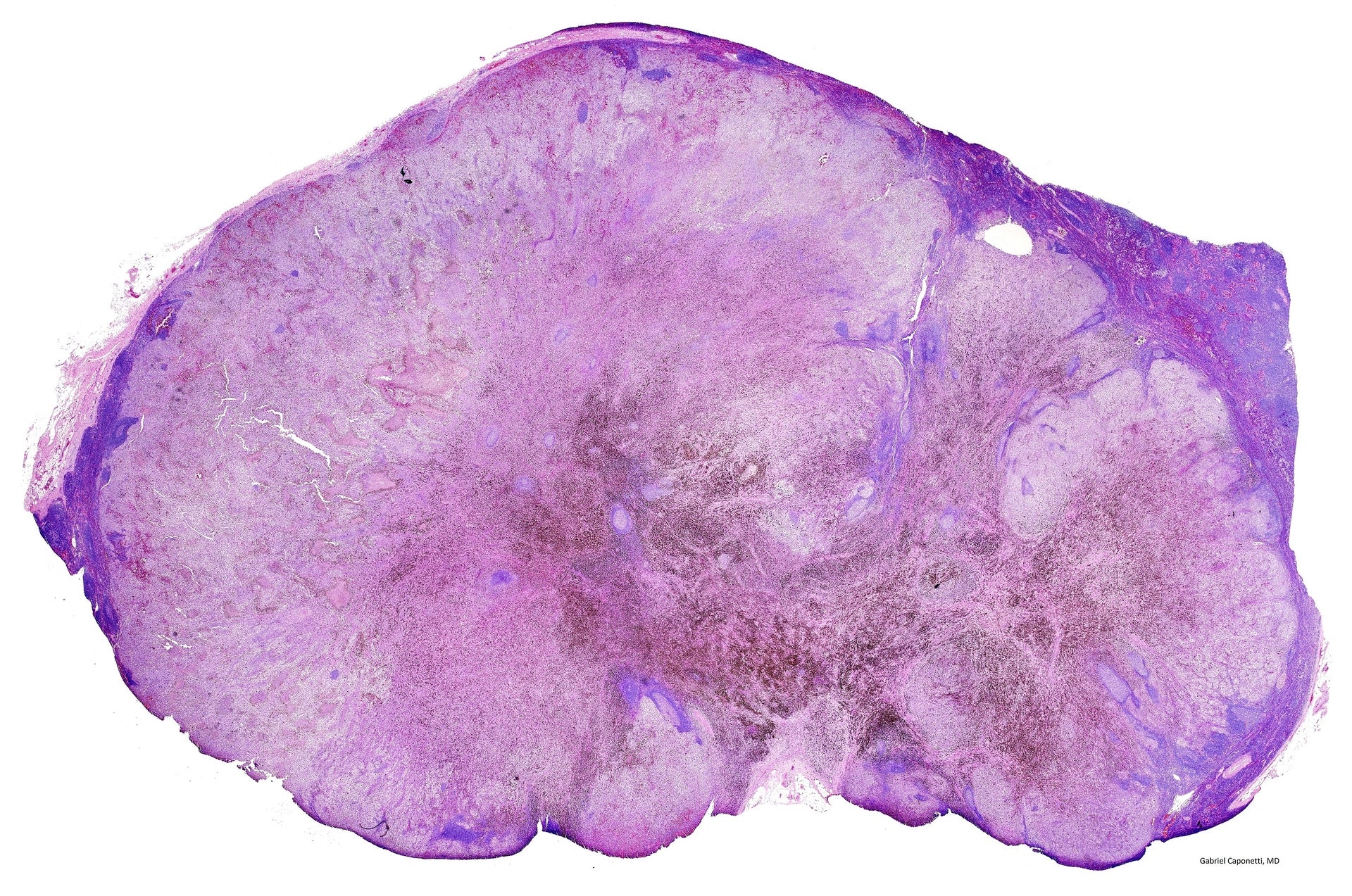
Bristol Myers Squibb (BMS) has reported primary results from the Phase II/III RELATIVITY-047 (CA224-047) trial of a fixed-dose combination of relatlimab and Opdivo (nivolumab) in patients with previously untreated metastatic or unresectable melanoma.
An anti-LAG-3 antibody, relatlimab attaches to LAG-3 on T cells, restoring the effector function of exhausted T cells.

Discover B2B Marketing That Performs
Combine business intelligence and editorial excellence to reach engaged professionals across 36 leading media platforms.
The randomised, double-blind Phase II/III study evaluated the fixed-dose combination of relatlimab and Opdivo in patients with previously untreated metastatic or unresectable melanoma as compared with Opdivo alone.
It enrolled a total of 714 trial participants who randomly received a fixed-dose combination of relatlimab 160mg plus Opdivo 480mg or Opdivo 480mg by intravenous infusion every four weeks until disease recurrence, unacceptable toxicity or withdrawal of consent.
Progression-free survival (PFS) formed the trial’s primary endpoint while secondary endpoints concluded overall survival (OS) and objective response rate (ORR).
Data showed that the trial met its primary endpoint of PFS while following up for OS is progressing.

US Tariffs are shifting - will you react or anticipate?
Don’t let policy changes catch you off guard. Stay proactive with real-time data and expert analysis.
By GlobalDataThe treatment with relatlimab plus Opdivo was well-tolerated with no new safety signals observed in either the combination arm or the Opdivo arm.
These are the first Phase III data to be reported from a trial evaluating an anti-LAG-3 antibody.
BMS noted that relatlimab is the third distinct checkpoint inhibitor (anti-PD-1, anti-CTLA-4 and anti-LAG-3) for the company and, with Opdivo, the first fixed-dose combination to show benefit in patients.
Bristol Myers Squibb senior vice-president and oncology development head Jonathan Cheng said: “Immune checkpoint inhibitors alone or in combination have transformed treatment and improved survival rates for patients with metastatic or unresectable melanoma.
“However, there remain a considerable number of patients who could benefit from a novel combination therapy that leverages potentially complementary pathways to improve anti-tumour activity.
“The results of this study suggest that targeting the LAG-3 pathway in combination with PD-1 inhibition may be a key strategy to enhance the immune response and help improve outcomes for these patients.”





